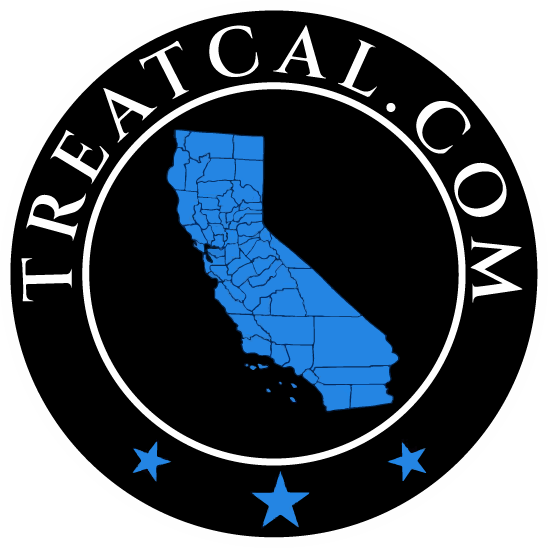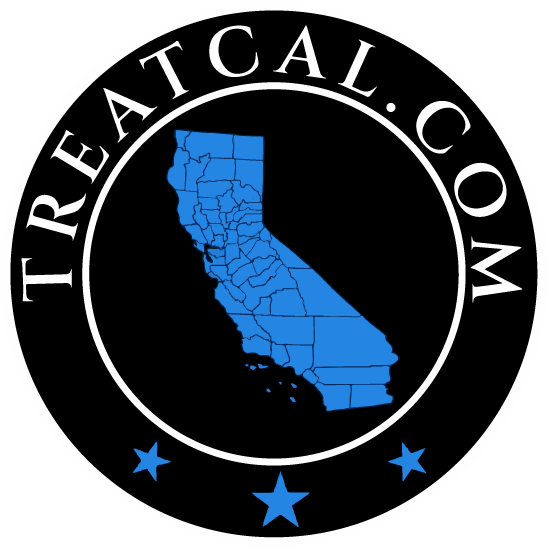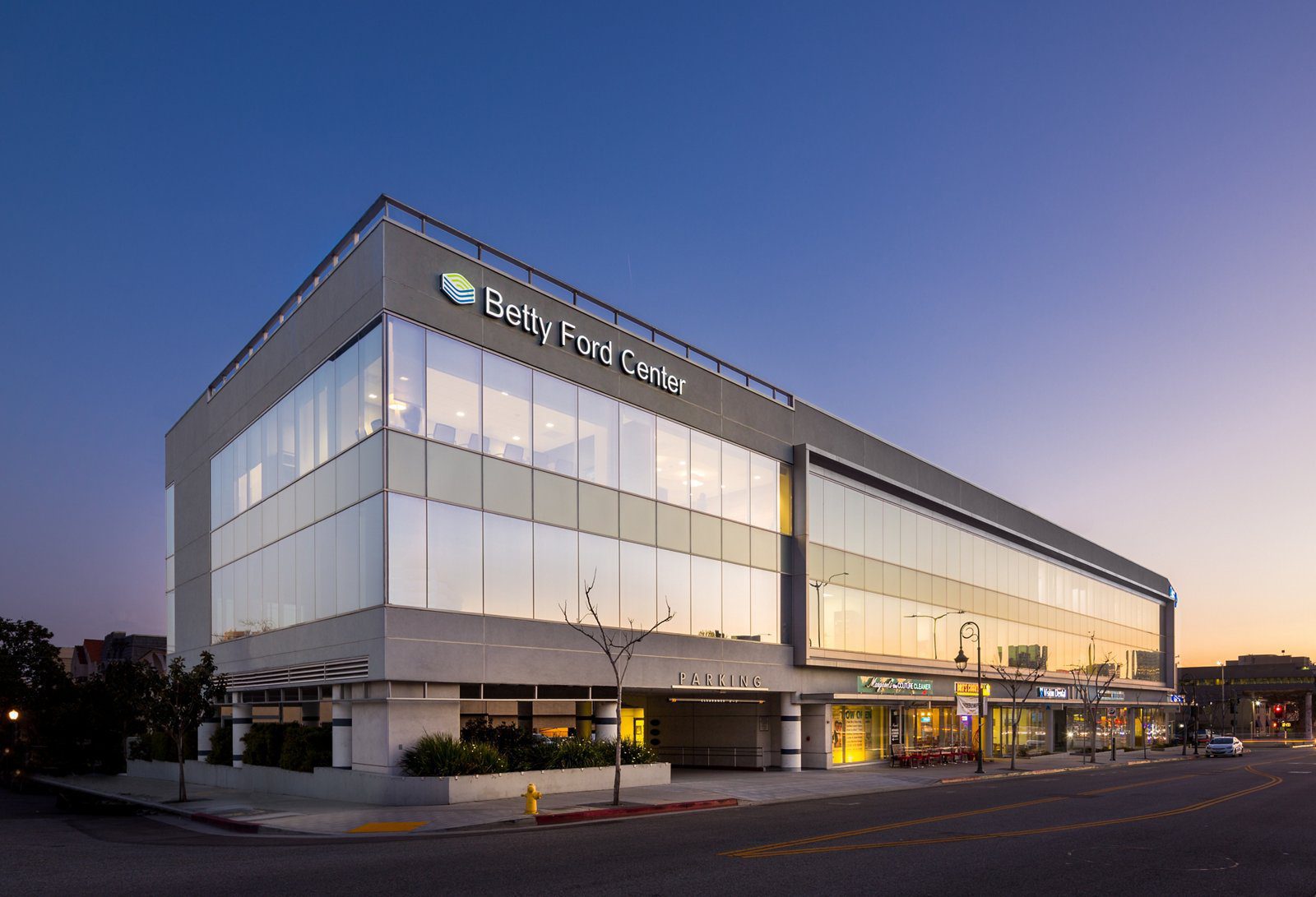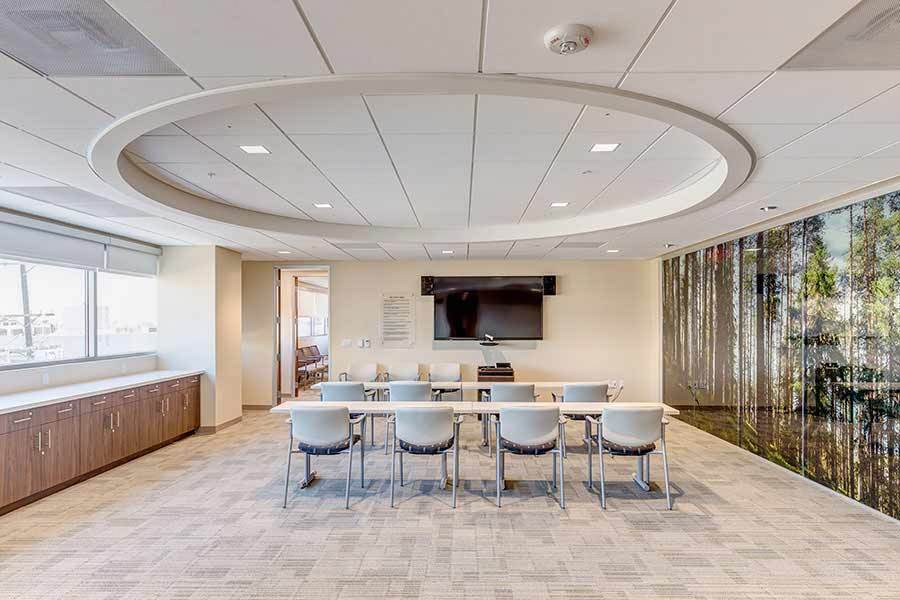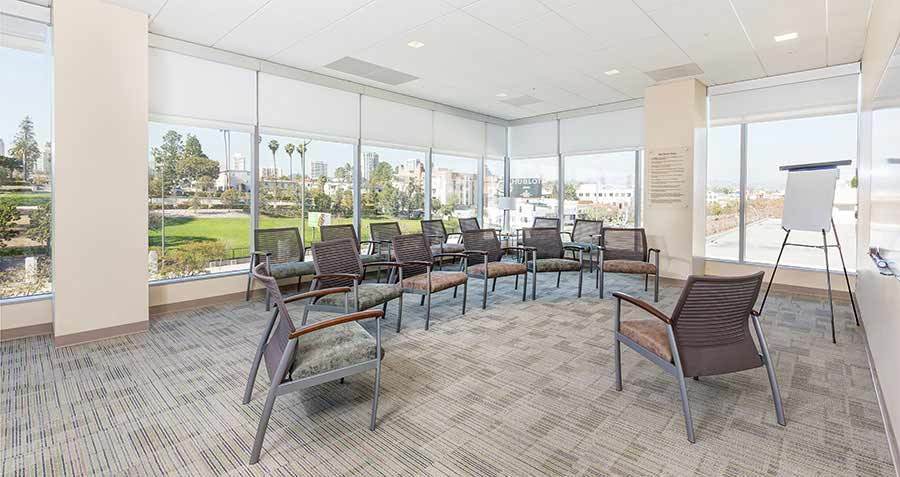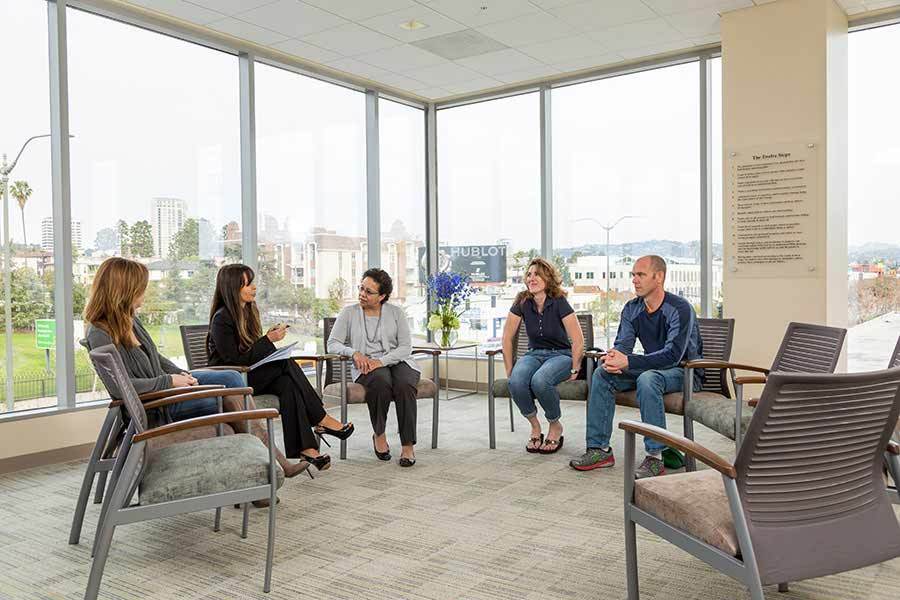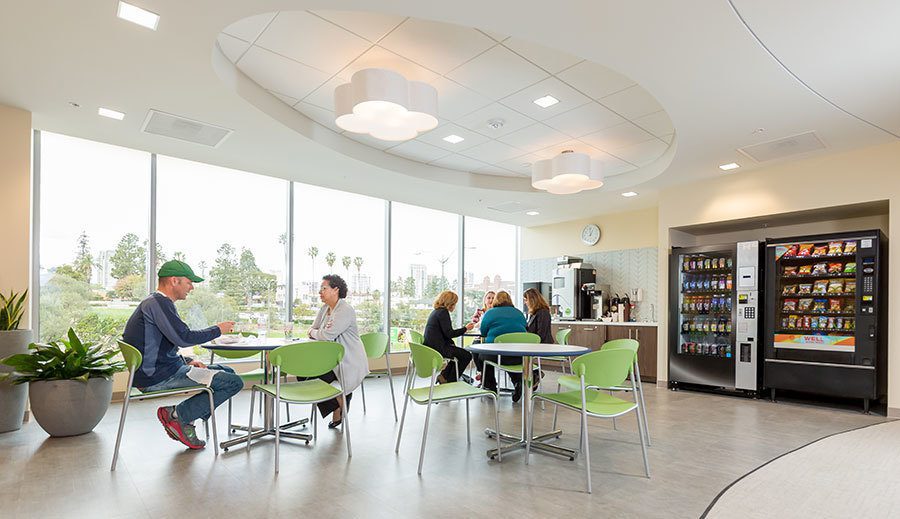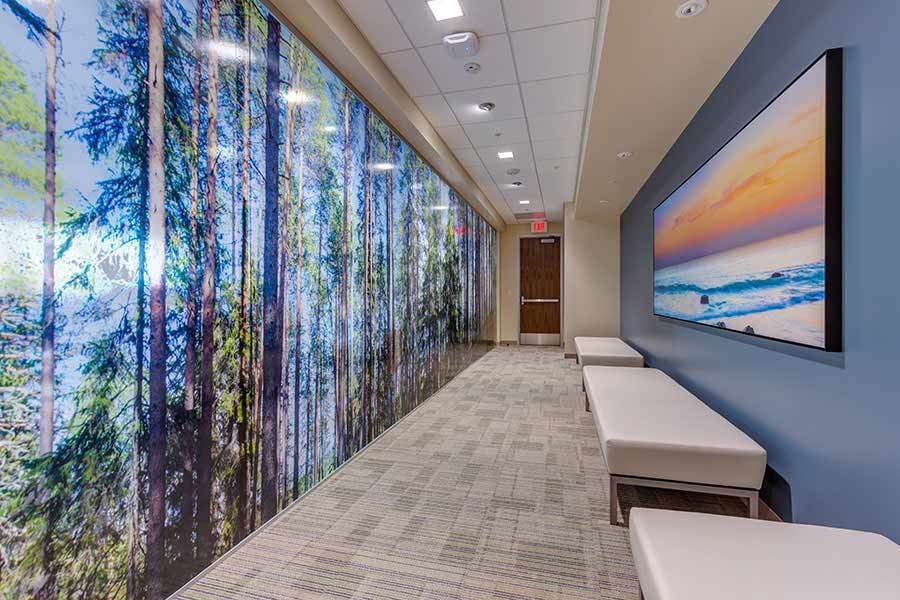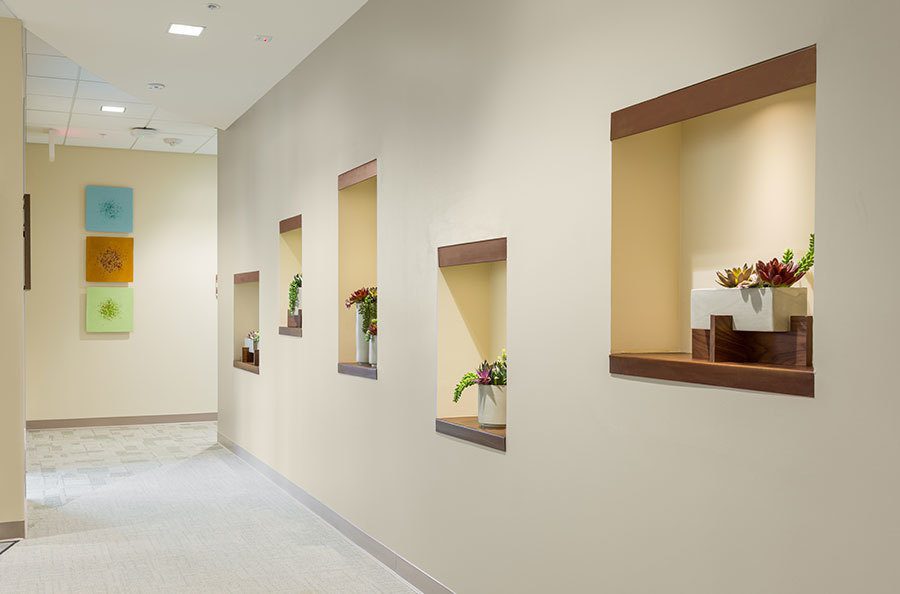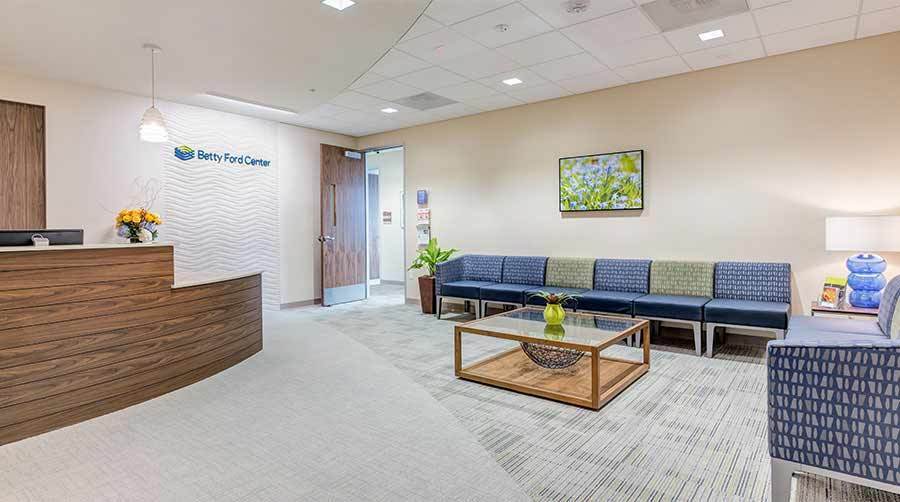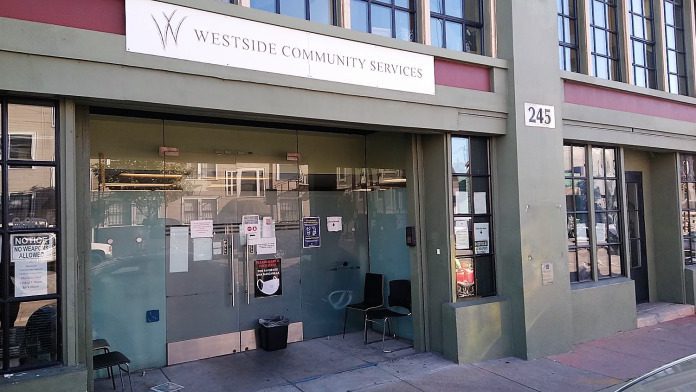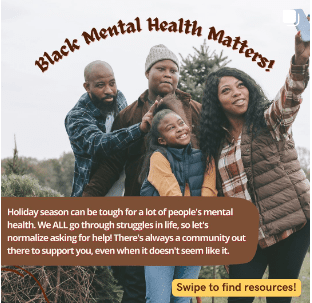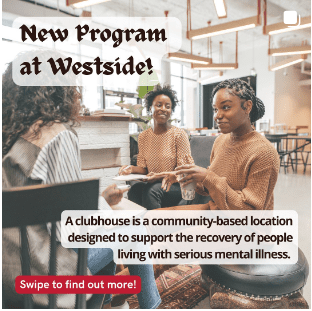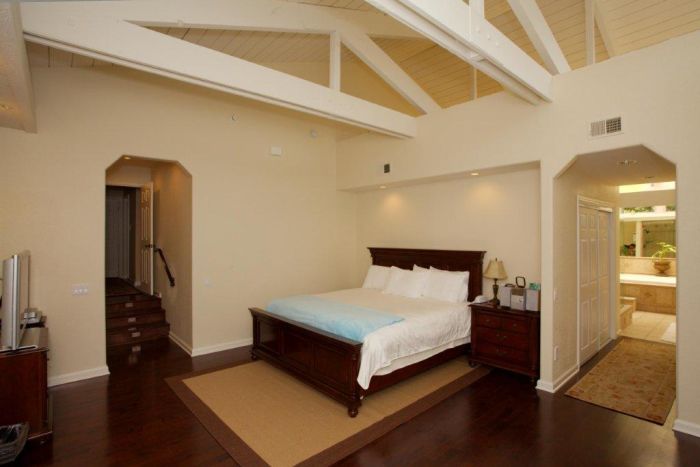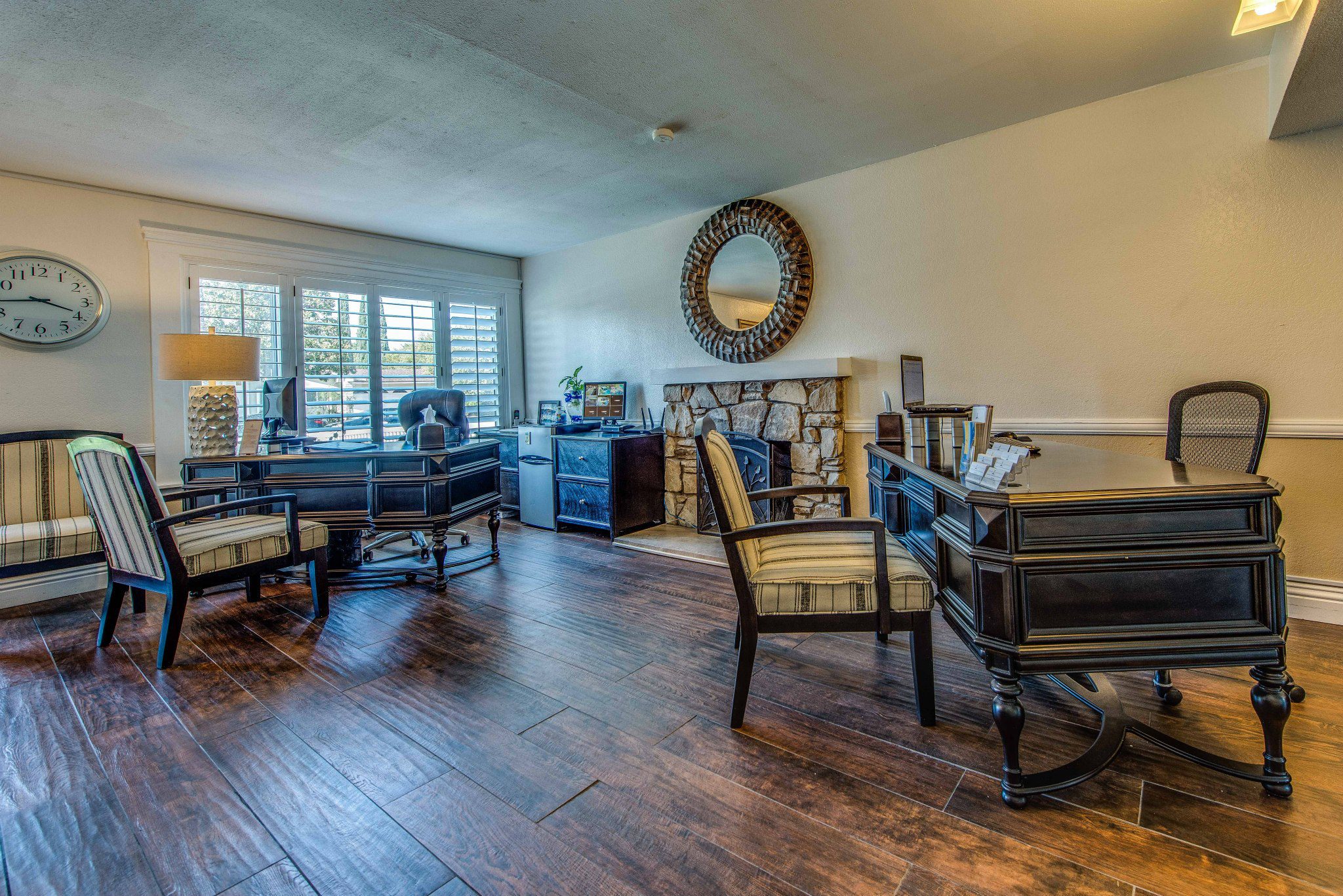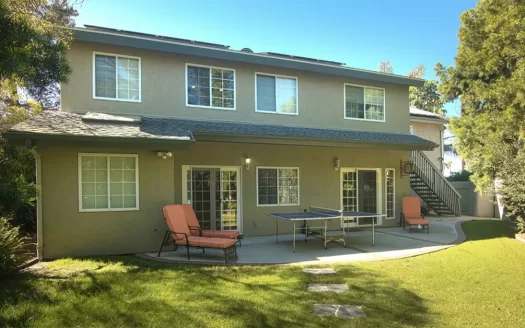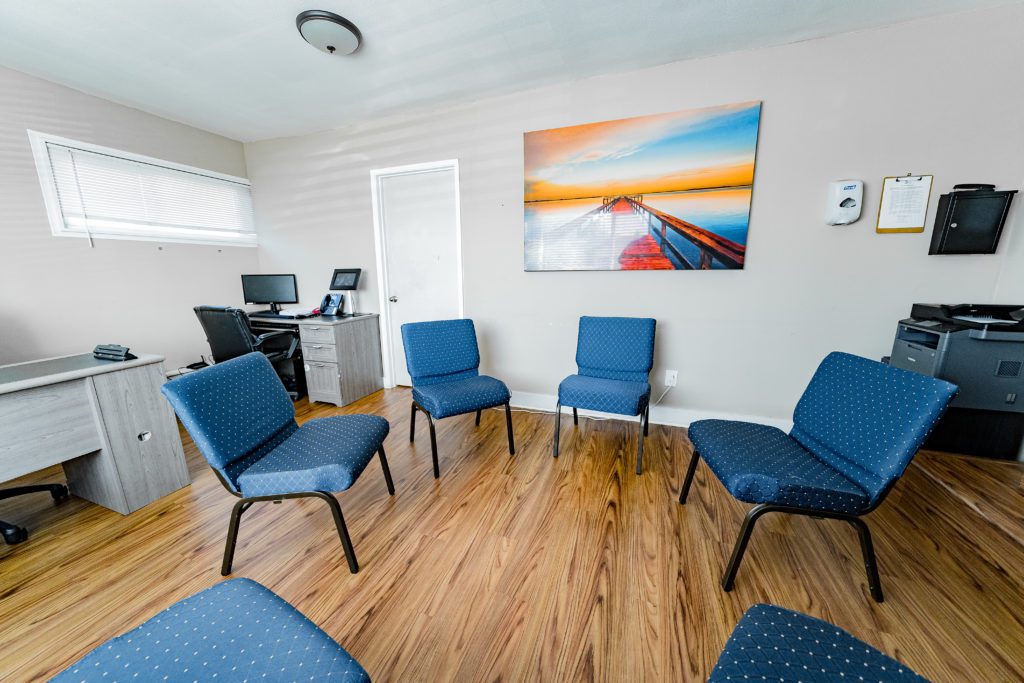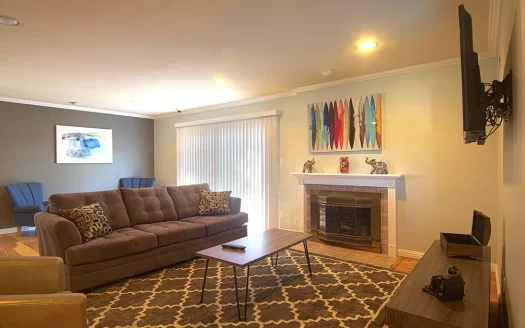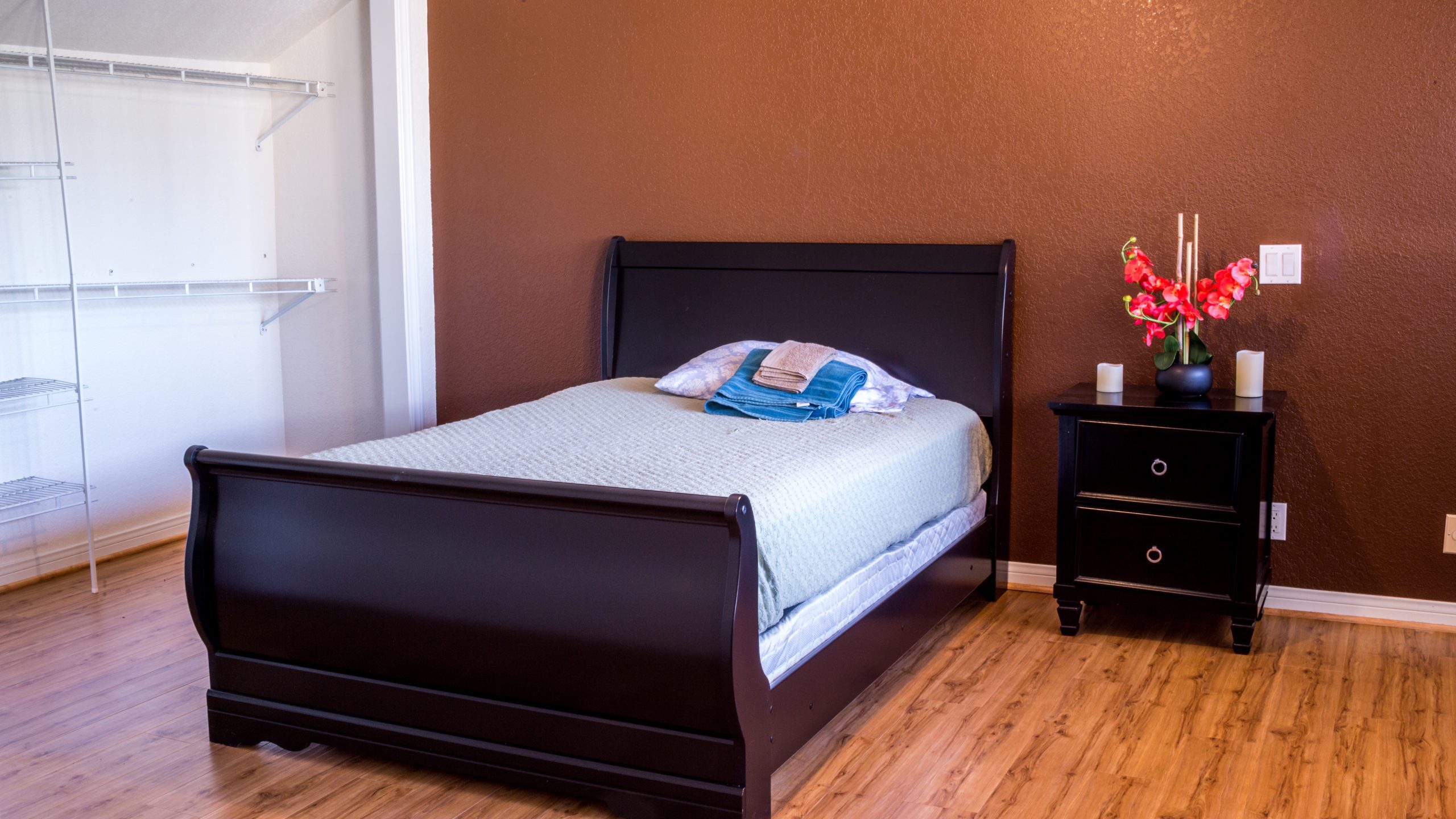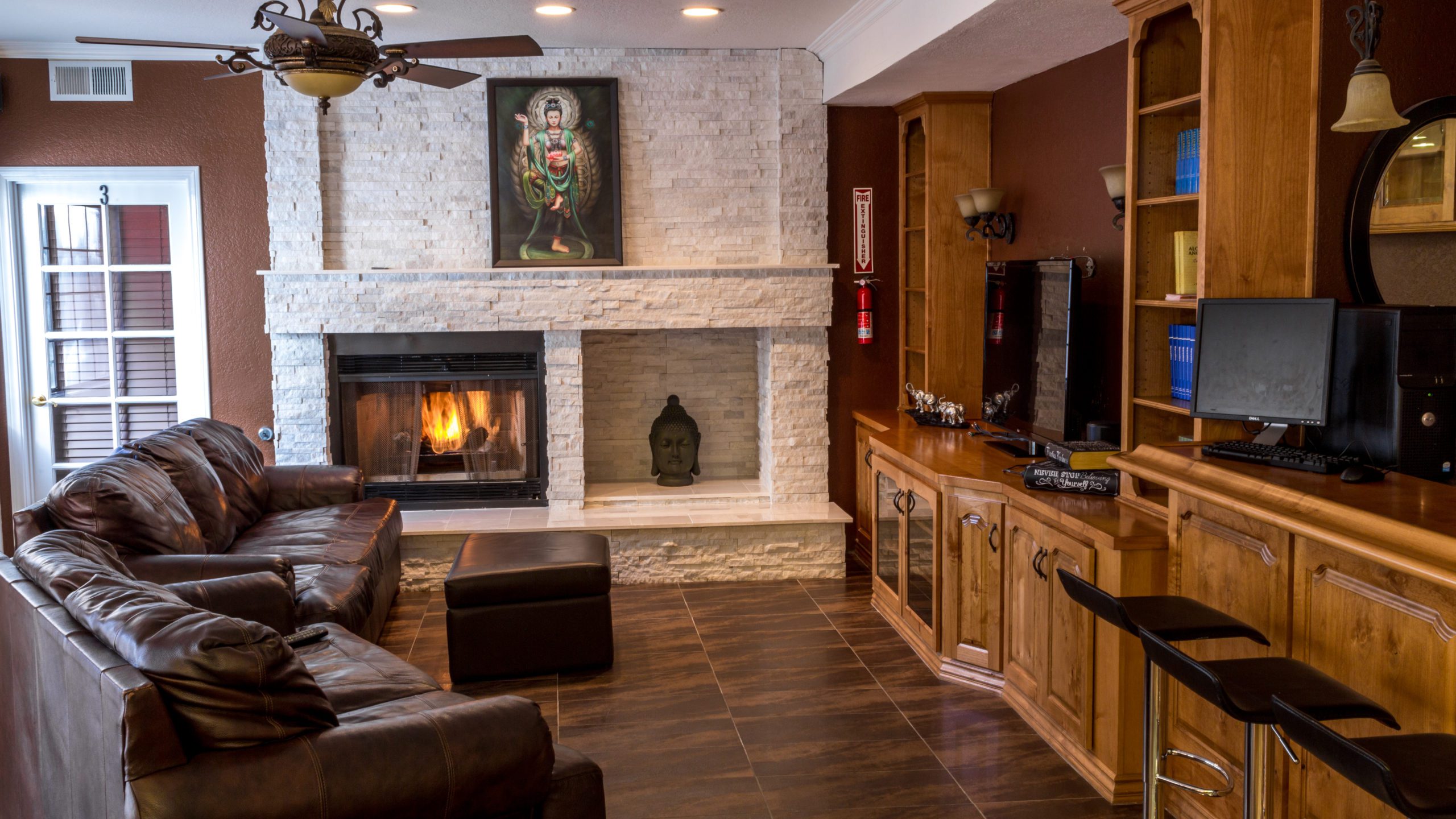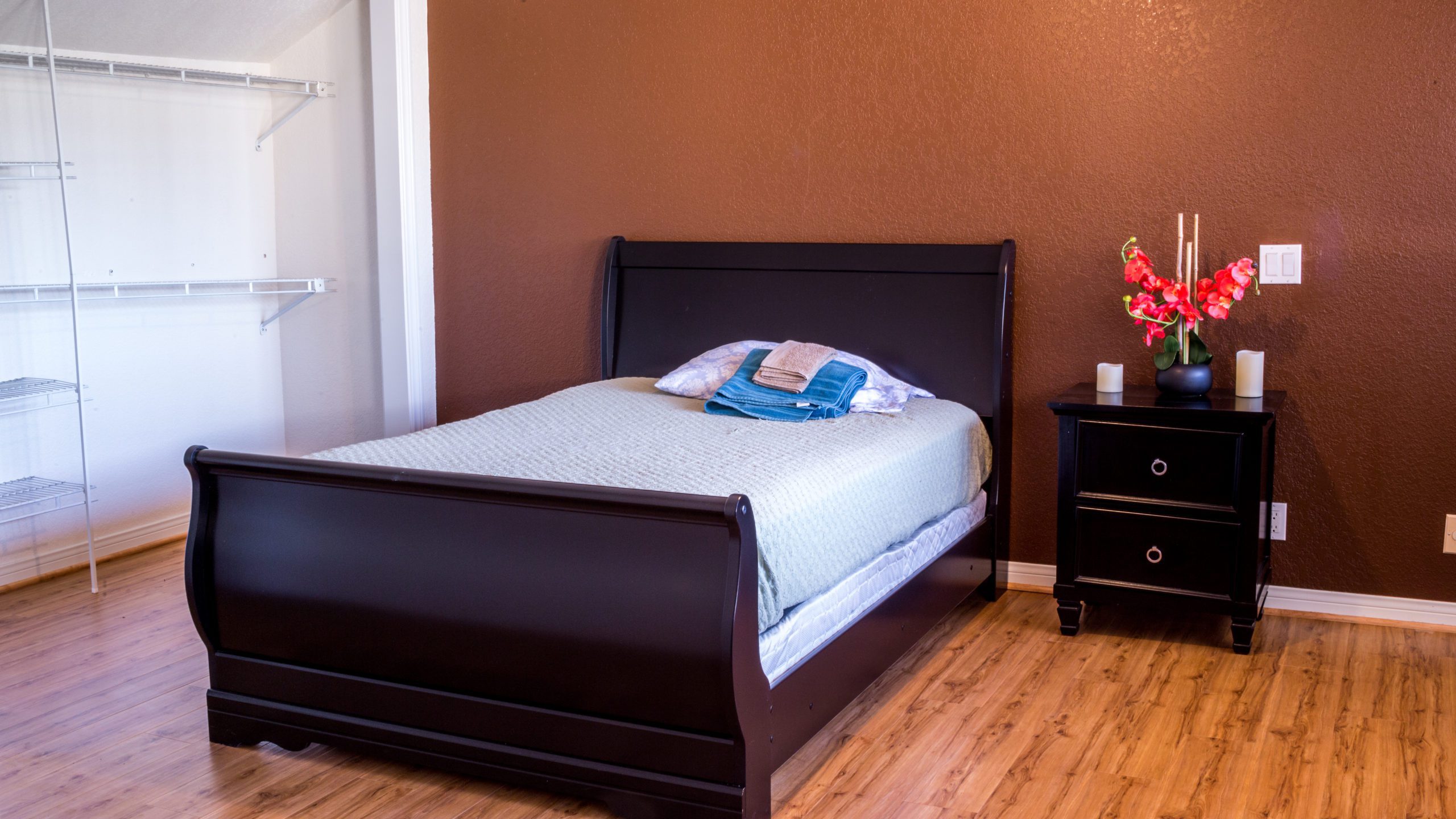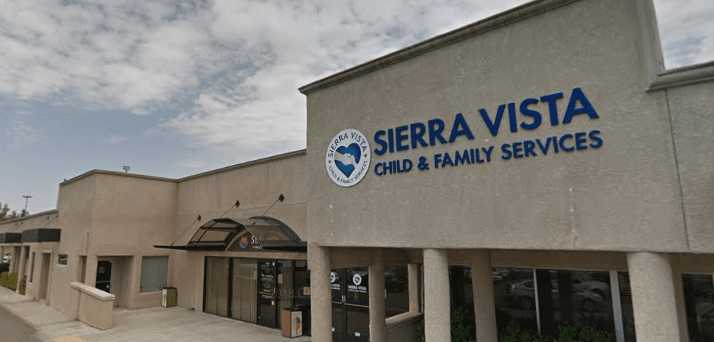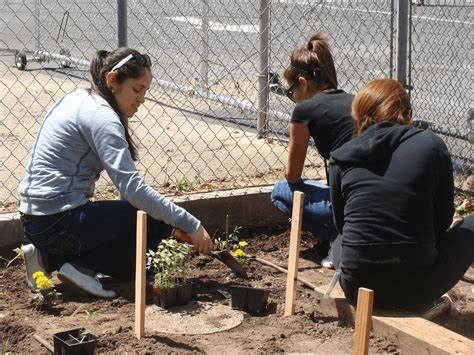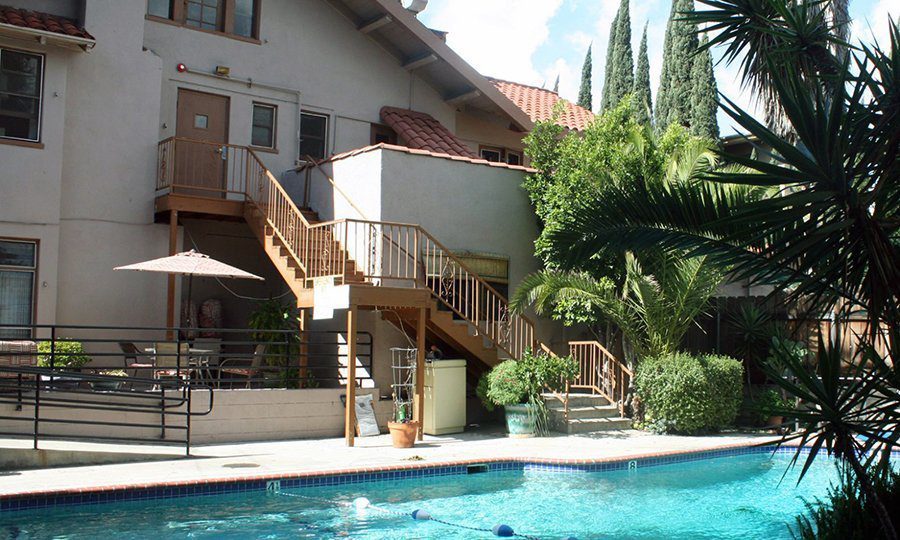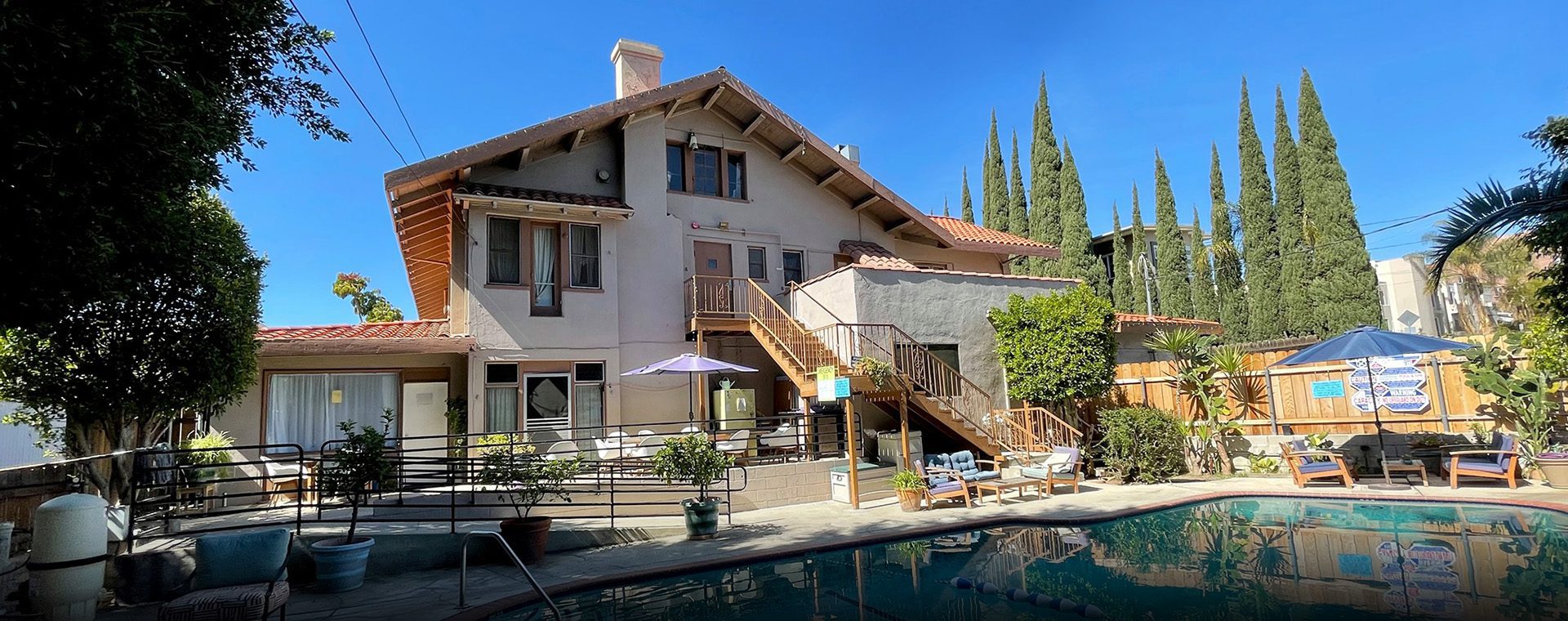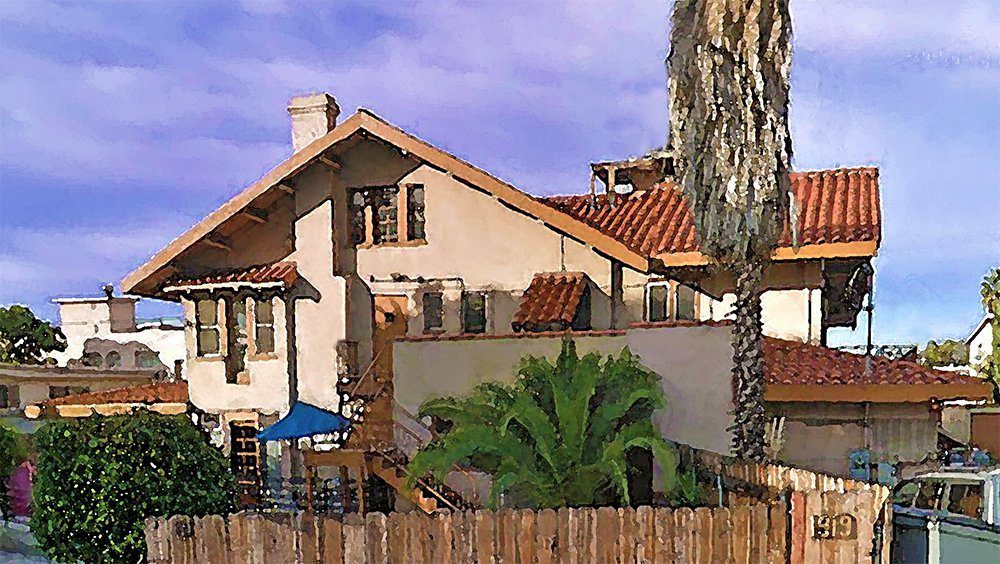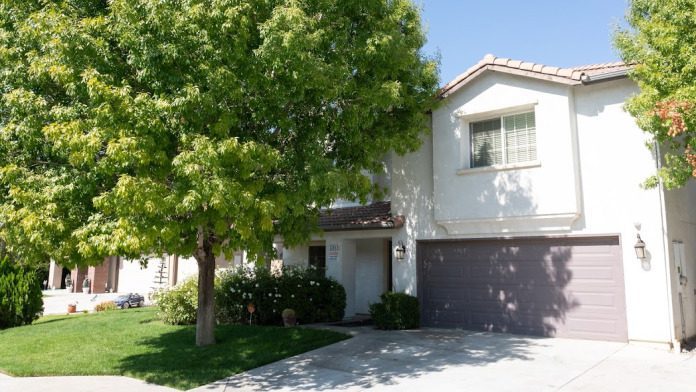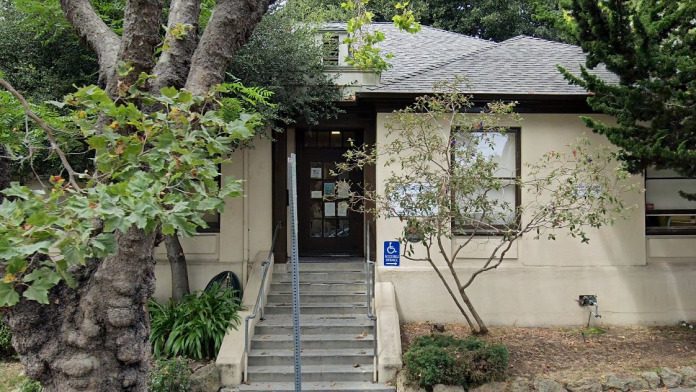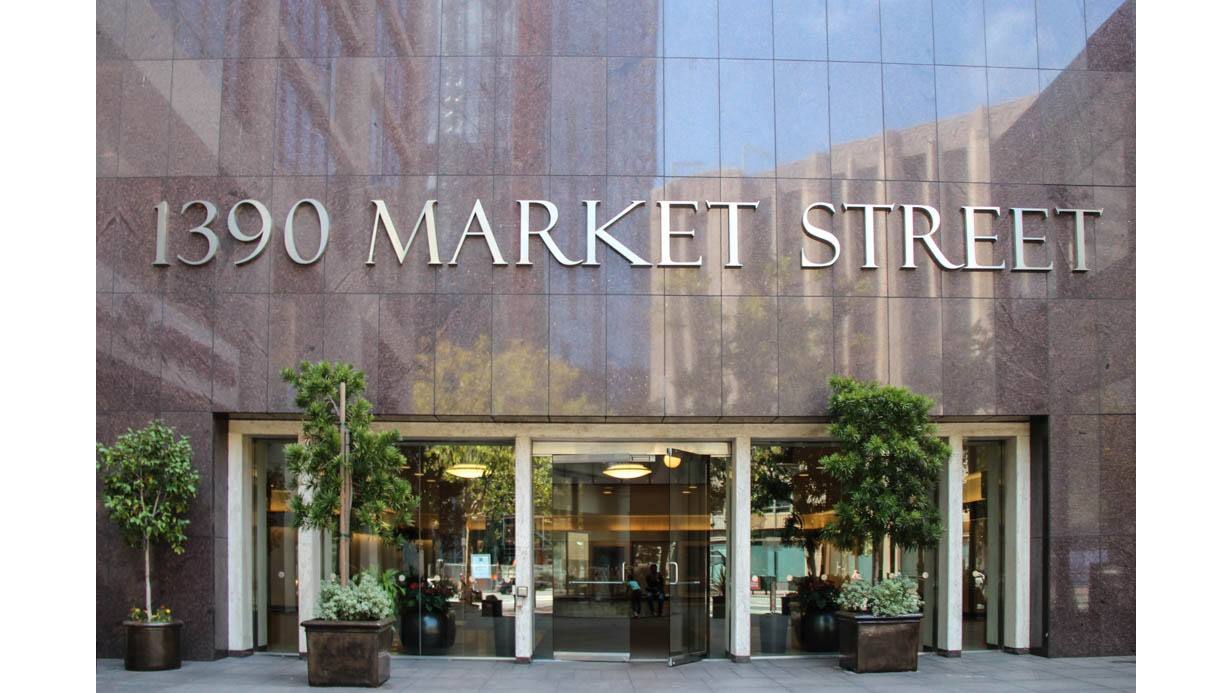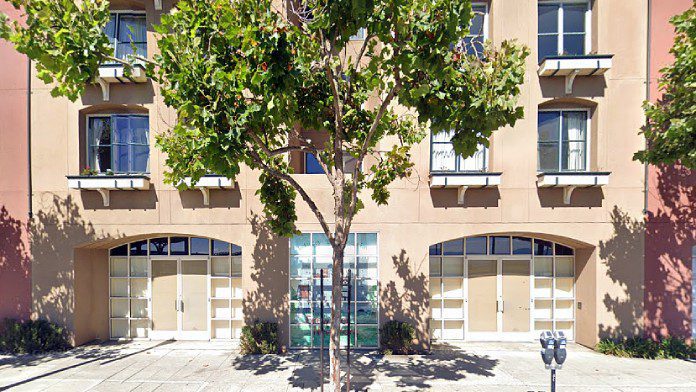Overview
- Updated On:
- May 24, 2023
Description
Individualized Approach & Evidence-Based Practices
In recognizing addiction as a chronic disease and recovery as a new way of living, treatment at the Betty Ford Center is individualized, collaborative and occurs over the long term through a continuum of care and support. Our program goals and expectations are designed to ensure patients have the best opportunity to learn, change and heal–moving from clinical care to self-care. It is with this expectation in mind that we developed our programs to help patients learn about the disease of addiction and the need for an abstinence-based life, understand the principles of recovery management, learn and begin the practice the Twelve Steps and principles of Alcoholics Anonymous/Narcotics Anonymous and understand and implement lifestyle changes necessary to maintain sobriety. Clinicians at the Betty Ford Center recognize that patients come to us with varying degrees of motivation and commitment to treatment and making the lifestyle changes necessary for building long-term recovery. That’s why we customize treatment planning to meet each patient’s needs and continually assess and adjust programming, levels of care, and services based on clinical milestones.
Levels of Treatment Provide Options
Treatment options available at the Betty Ford Center Outpatient Center in West Los Angeles include: intensive outpatient (IOP), outpatient, continuing care and recovery management and support. Patients enter our treatment programs either on a step-in basis or as a step-down from a higher level of care.
Core Treatment Components
Addiction treatment programming at the Betty Ford Center is based on five core concepts essential to abstinence-based Twelve Step recovery. Each treatment episode focuses on one of the five core themes or concepts and consists of a 1.5 hour workshop followed by a 1.5-hour process group. The five rotating treatment themes are: addiction as a disease, relapse prevention, life skills, specialty groups that are focused on specific challenges patients face in early recovery, and recovery management. The treatment team meets daily to assess the specific needs of each patient. In addition to workshops and group therapy, core treatment programming includes individual and family therapy, as well as mindfulness and spirituality practices (e.g., meditation, yoga, dimorphic breathing). Other services include mental health assessments, clinical diagnostic psychological evaluations and psychiatric evaluations.
For more information, please visit Betty Ford Center in West Los Angeles, CA
